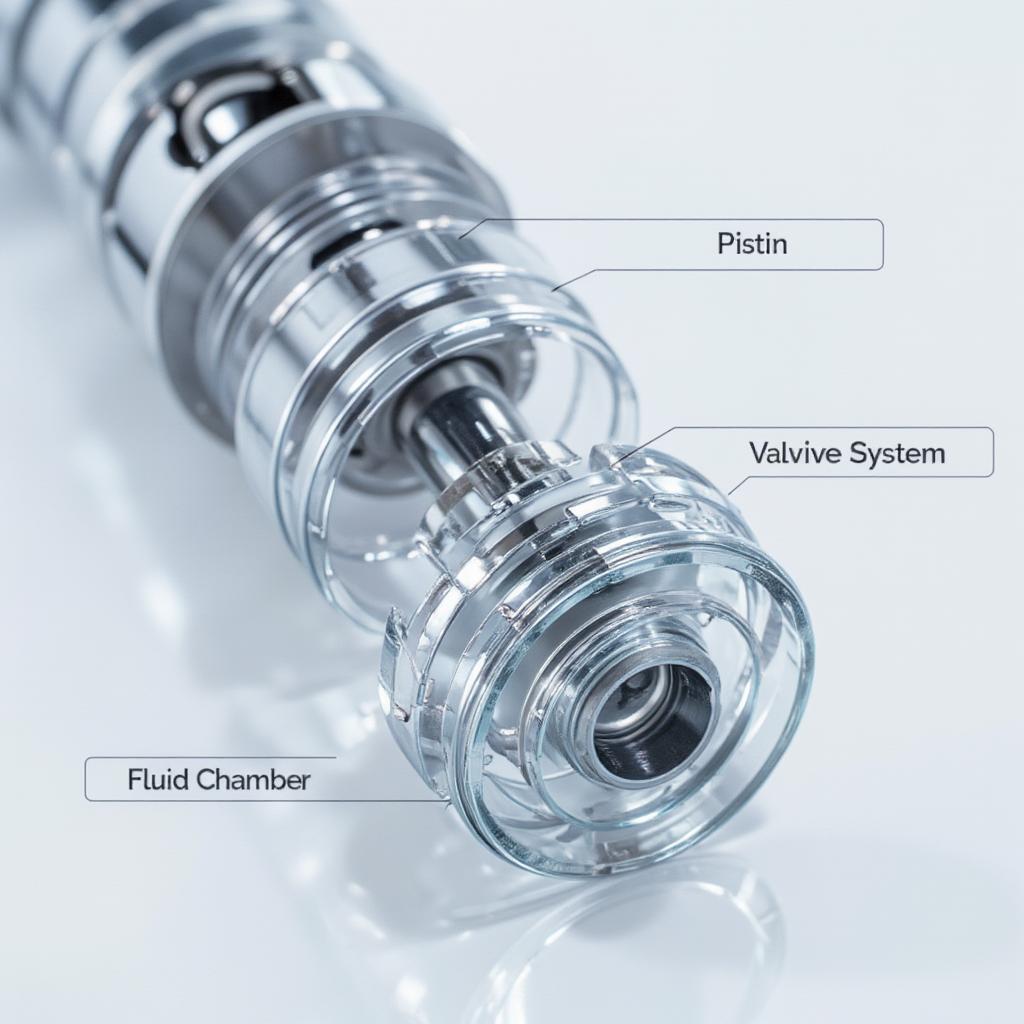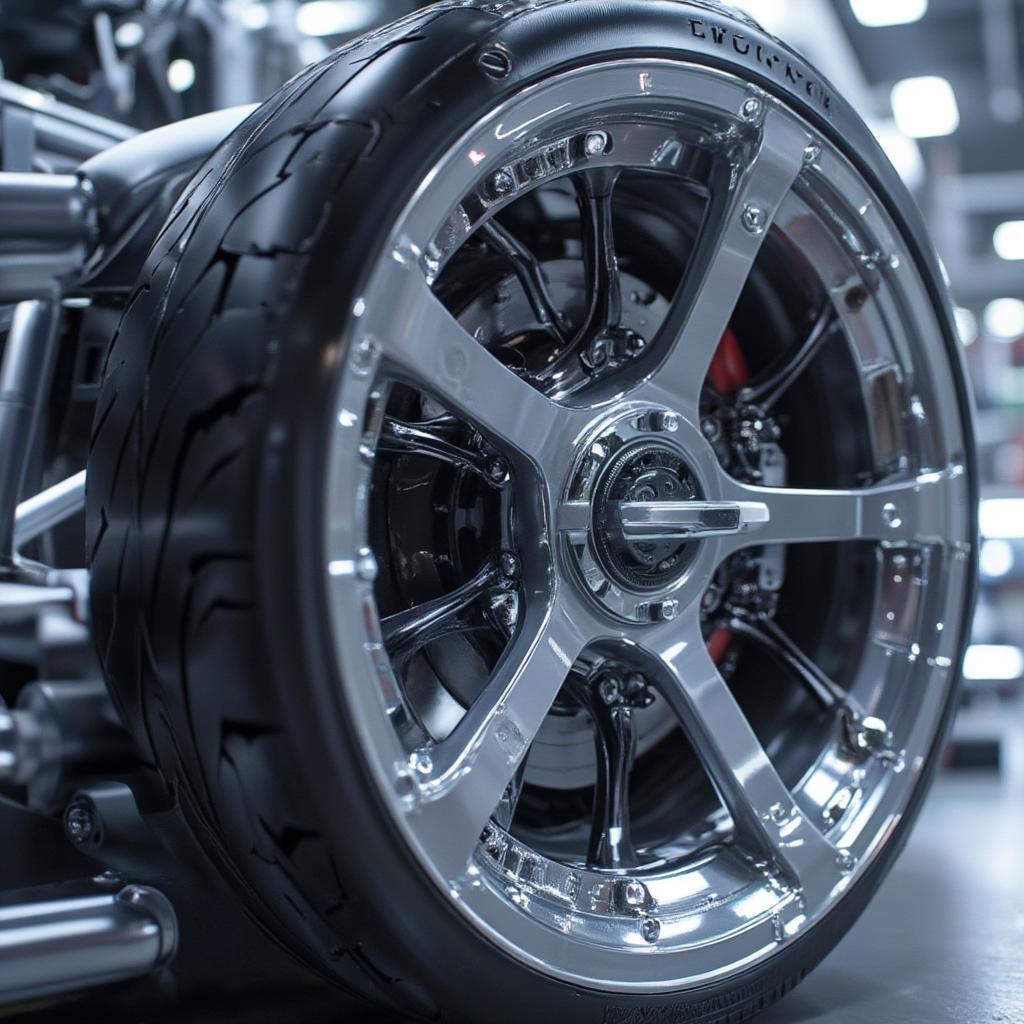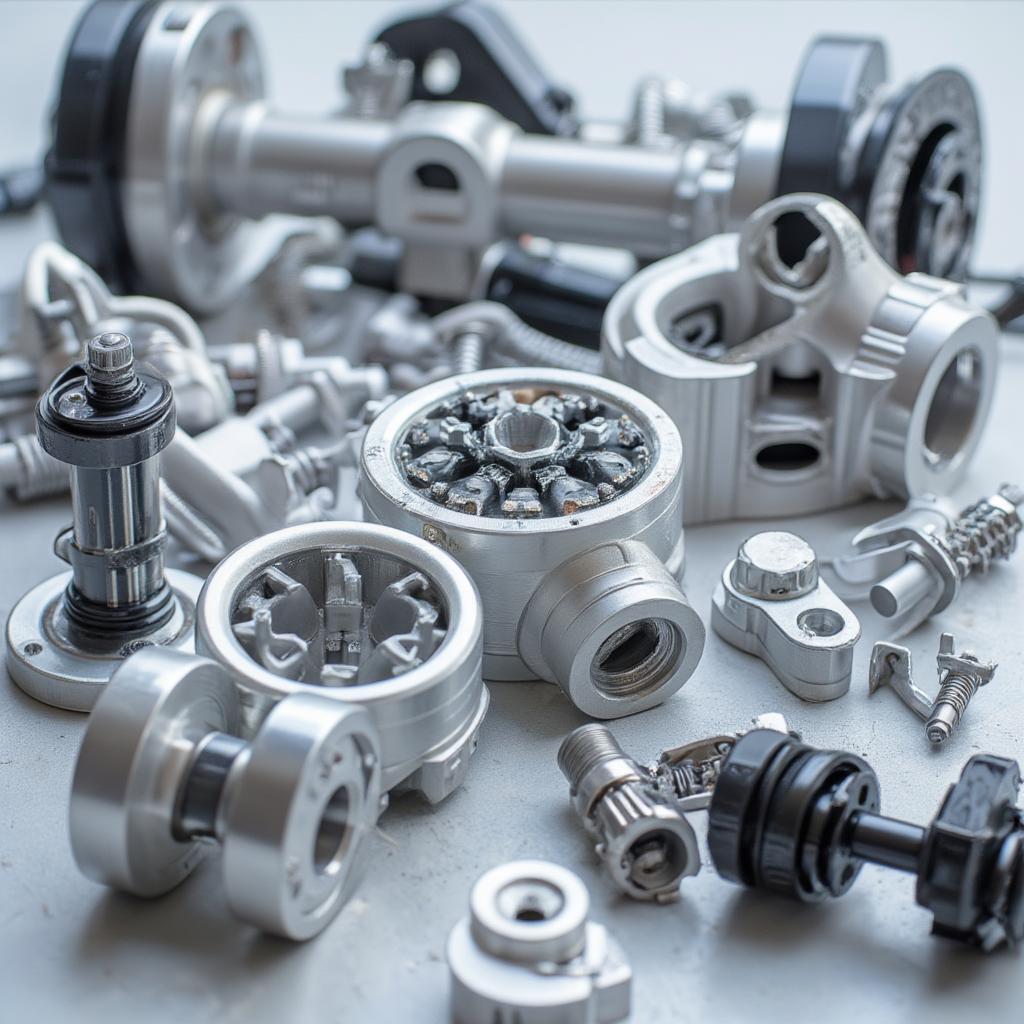Auto Mechanic Majors: Your Path to a Thriving Career

Auto Mechanic Majors offer a rewarding path into the automotive industry. This field is constantly evolving, driven by advancements in technology, making it an exciting and dynamic career choice. Whether you’re passionate about classic cars or cutting-edge electric vehicles, an auto mechanic major equips you with the knowledge and skills to excel in this fast-paced environment. From diagnostics and repair to maintenance and customization, this major prepares you for a fulfilling career working with the intricate systems that power our vehicles.
Exploring the World of Auto Mechanic Majors
Auto mechanic majors delve deep into the inner workings of automobiles. They provide a comprehensive understanding of engine mechanics, electrical systems, braking systems, suspension, and more. The curriculum often includes hands-on training, allowing students to gain practical experience in diagnosing and repairing vehicles. This combination of theoretical knowledge and practical skills is essential for success in the automotive industry. Moreover, auto mechanic majors often explore emerging technologies, such as hybrid and electric vehicle systems, preparing graduates for the future of automotive technology.
What Does an Auto Mechanic Major Entail?
Auto mechanic majors offer a blend of classroom learning and hands-on experience. Students learn about various automotive systems, including:
- Engine Performance: Diagnosing and repairing engine problems, including fuel injection, ignition, and exhaust systems.
- Braking Systems: Understanding the mechanics of braking systems, including hydraulics, ABS, and electronic stability control.
- Suspension and Steering: Learning about suspension components, wheel alignment, and steering systems.
- Electrical Systems: Troubleshooting electrical issues, including wiring, lighting, and computer-controlled systems.
- Transmission and Drivetrain: Understanding the operation and repair of manual and automatic transmissions, differentials, and axles.
- Heating and Air Conditioning: Diagnosing and repairing HVAC systems, including refrigerants, compressors, and climate control.
Why Choose an Auto Mechanic Major?
In an era of technological advancements, the automotive industry is rapidly changing. Electric vehicles, autonomous driving, and advanced driver-assistance systems (ADAS) are transforming the landscape. Auto mechanic majors are evolving to incorporate these new technologies, providing students with the skills to work on the cars of the future. This focus on innovation makes auto mechanic majors an excellent choice for anyone passionate about technology and its application in the automotive field. The demand for skilled automotive technicians is expected to remain strong, making it a secure career path.
Career Opportunities for Auto Mechanic Majors
Graduates with an auto mechanic major have a wide range of career opportunities, including:
- Automotive Technician: Diagnosing and repairing vehicles in dealerships, independent repair shops, or specialized service centers.
- Service Advisor: Interacting with customers, diagnosing vehicle issues, and recommending repairs.
- Parts Specialist: Managing inventory, ordering parts, and assisting customers with their parts needs.
- Shop Foreman: Supervising a team of technicians, ensuring quality control, and managing workflow.
- Specialty Technician: Focusing on a specific area of automotive repair, such as engine performance, brakes, or electrical systems.
“The automotive industry is constantly evolving. Staying up-to-date with the latest technologies is key to success in this field,” says Dr. Emily Carter, renowned automotive engineer and educator.
The Future of Auto Mechanics
The automotive industry is undergoing a significant transformation. The rise of electric vehicles, autonomous driving, and connected car technologies presents both challenges and opportunities for aspiring auto mechanics. These advancements require new skillsets, including knowledge of electric motor systems, battery technology, and software diagnostics. Auto mechanic majors are adapting to these changes, incorporating new curriculum and training to prepare students for the future of the automotive industry.
Embracing the Technological Shift
“The future of auto mechanics lies in embracing new technologies,” says Michael Stevens, a seasoned automotive technician with over 20 years of experience. “Adaptability and a willingness to learn are essential for thriving in this evolving landscape.”
Auto mechanic programs are increasingly integrating training on:
- Electric Vehicle Technology: Understanding the components and operation of electric motors, battery systems, and charging infrastructure.
- Autonomous Driving Systems: Learning about sensors, cameras, and software that enable autonomous driving.
- Advanced Driver-Assistance Systems (ADAS): Diagnosing and repairing ADAS features, such as lane departure warning, adaptive cruise control, and automatic emergency braking.
Choosing the Right Auto Mechanic Program
Choosing the right auto mechanic program is crucial for a successful career. Consider factors like program accreditation, faculty expertise, facilities and equipment, and career placement services. Look for programs that offer hands-on training with real-world vehicles and opportunities for internships or apprenticeships.
Key Considerations for Selecting a Program
- Accreditation: Ensure the program is accredited by a reputable organization, such as the National Automotive Technicians Education Foundation (NATEF).
- Curriculum: Review the curriculum to ensure it covers a wide range of automotive systems and incorporates emerging technologies.
- Faculty: Research the faculty’s experience and expertise in the automotive industry.
- Facilities: Look for programs with well-equipped shops and labs that provide hands-on training opportunities.
- Career Services: Investigate the program’s career placement services and connections with industry employers.
“Choosing the right program is the foundation for a successful career in auto mechanics,” advises Sarah Johnson, a career counselor specializing in automotive fields.

Conclusion
Auto mechanic majors provide a pathway to a dynamic and rewarding career in the ever-evolving automotive industry. By embracing technological advancements and developing a strong foundation in automotive systems, graduates can excel in this exciting field. Choosing the right auto mechanic major is the first step towards a fulfilling career working with the complex machinery that powers our world.
FAQ
- What is the typical salary for an auto mechanic? Salaries vary based on experience, location, and specialization, but the median salary for automotive technicians is competitive.
- How long does it take to complete an auto mechanic major? Most associate degree programs take two years to complete, while bachelor’s degree programs typically take four years.
- Are there certification options for auto mechanics? Yes, certifications from organizations like ASE (Automotive Service Excellence) can enhance career prospects.
- What are the job prospects for auto mechanic majors? The demand for skilled auto mechanics is expected to remain strong, offering good job security.
- What are some essential skills for auto mechanics? Problem-solving, critical thinking, and attention to detail are crucial skills for success in this field.
- Do auto mechanic programs offer financial aid? Many programs offer financial aid options, including scholarships, grants, and loans.
- What is the difference between an auto mechanic and an automotive technician? The terms are often used interchangeably, but “automotive technician” is increasingly used to reflect the growing complexity of the field.
- How can I find reputable auto mechanic programs near me? Research online, consult with career counselors, and attend career fairs to explore different programs.
- Is experience necessary to get a job as an auto mechanic? While experience is beneficial, many entry-level positions are available for graduates of auto mechanic programs.




